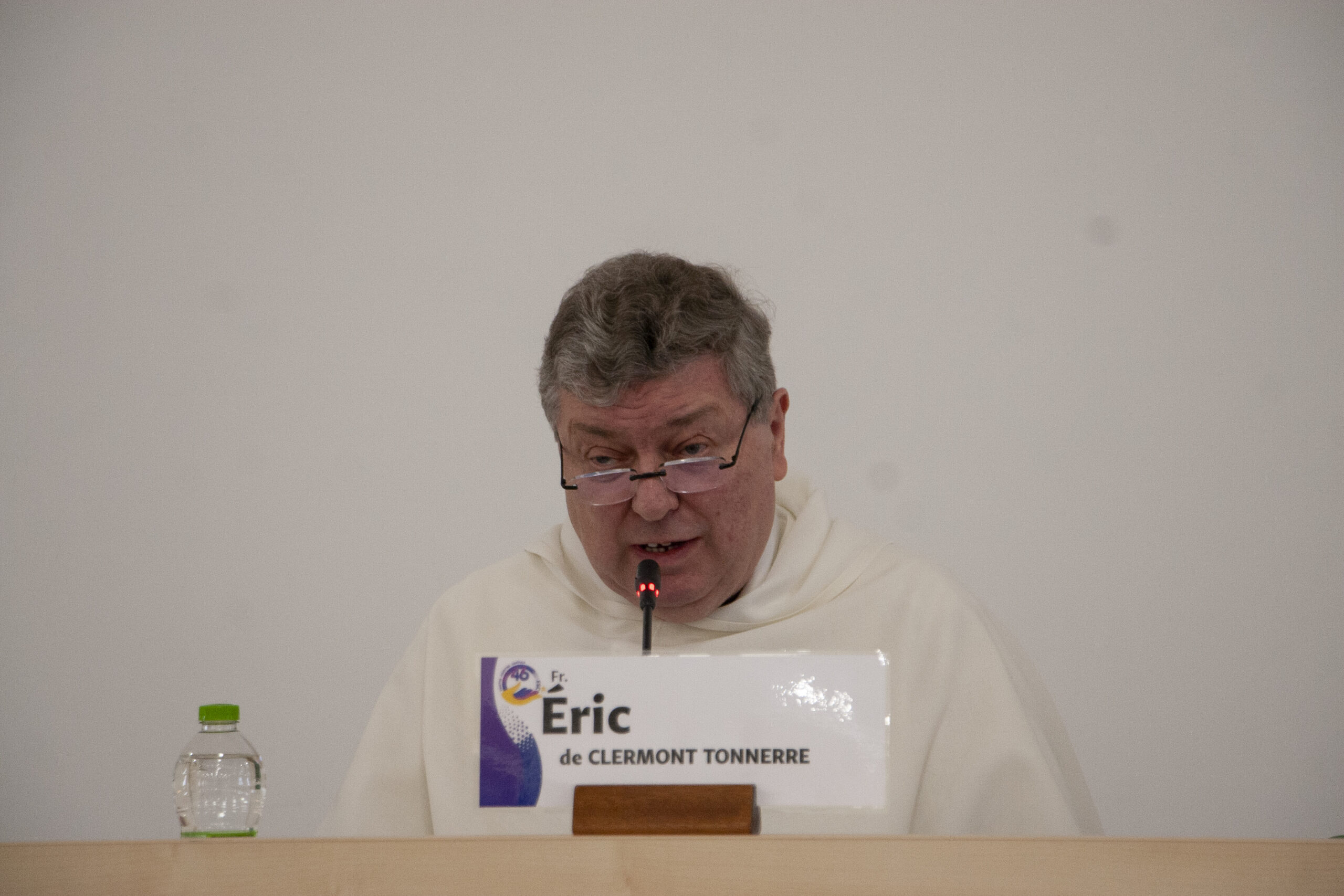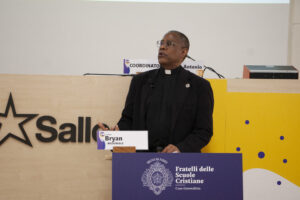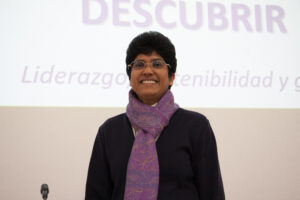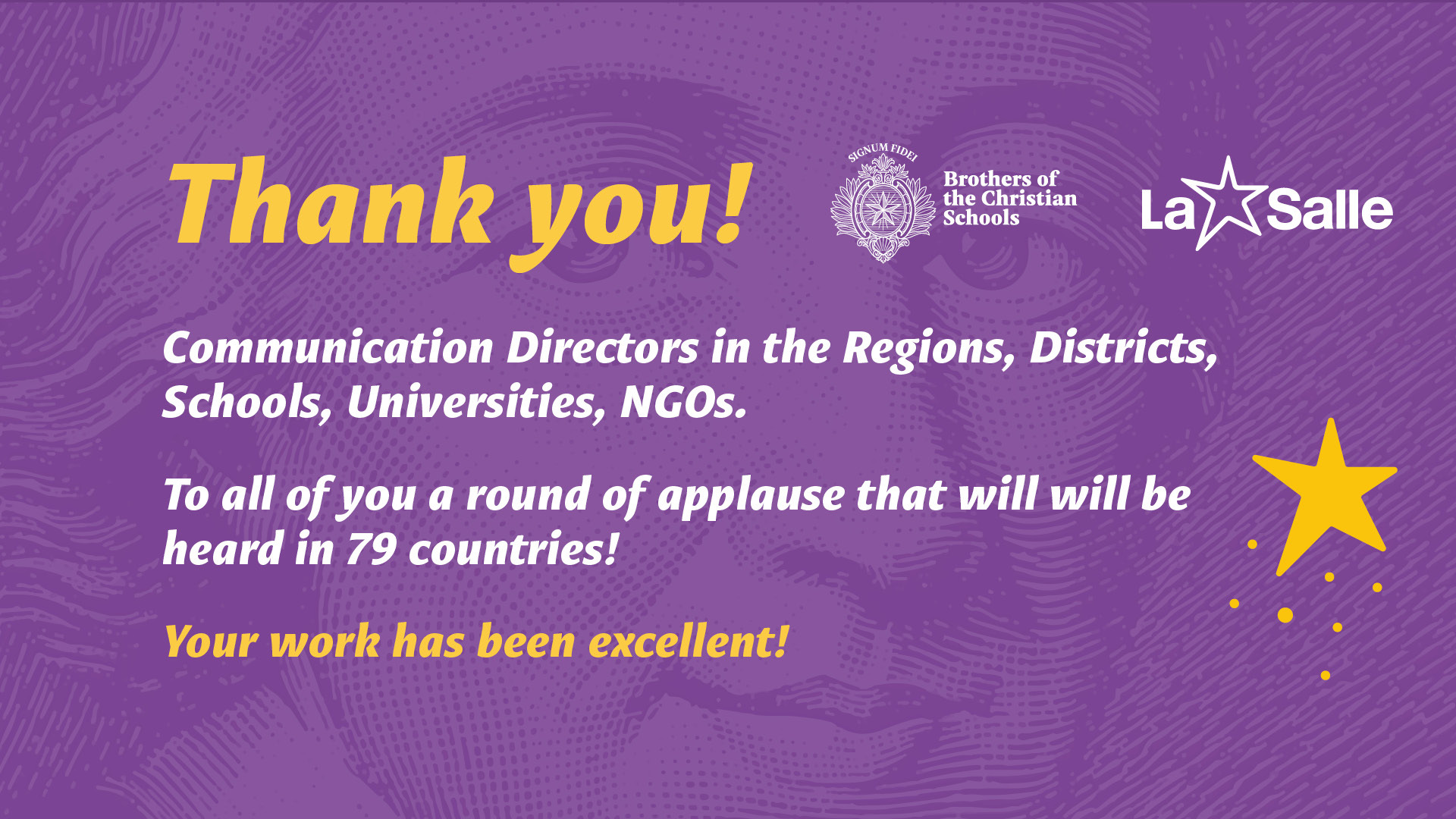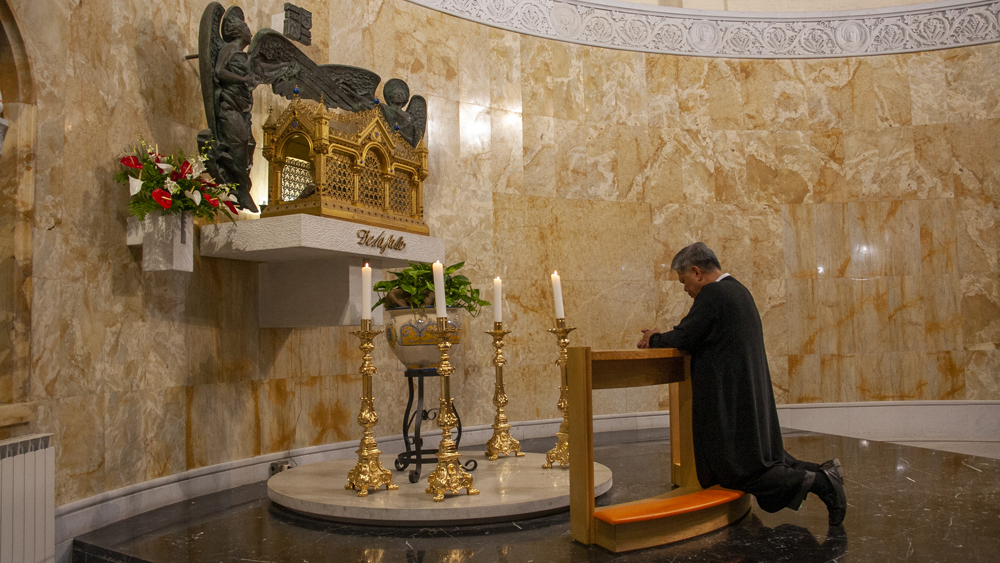Being Brother, a Gospel Challenge for Mission
Brother Eric T. de Clermont-Tonnerre OP
Rome, 7 May 2022
Extract from his remarks during the 46th General Chapter.
Fraternity and community
In our societies, the word ‘community’ has become a commonplace and can even become a pitfall. In France for example, we talk of the muslim community, the Asian community, the homosexual community etc. One can also detect the development of a what may be called ‘community-ism’, which consists in stressing the specific ethnic, religious, cultural and social features of a community that exists at the heart of a society as a whole.
Such communities can produce a certain crisis in the community of a nation, a school or an cclesial group.
In connection with religions, people tend to talk readily of the sectarian aberrations to which some communities may fall prey. Close resemblance is the basis of every community, sometimes exclusively so. There is the same origin, the same identity, the same religion, the same convictions. But studies have often pointed out the difference between a sect and a Church. We say our Church is One, but that richness is enriched and made more healthy by the other attributes affirmed in the Credo. Its holinessis beneficial for the members and for those around it, especially other communities. Its catholicity accepts all the diversities of race, culture, language and customs. Its apostolicity leads to new adherences and communions which respect the liberty of the others. These ‘qualities’ of the Church can be an inspiration for fraternity.
What makes community is not resemblance or complicity or common interests or even a feeling of well-being. What makes community is the need we have for others who are different in terms of sensitivities, convictions, thinking and aims, so that we can work in a common undertaking which is important to us. Being Brother means we recognise that the other is different, yet we still feel there is a certain likeness and closeness between us.
In community, the development of fraternity begins with respect for one another and continues through a recognition of the need we have for others and the desire to become members in complementarity and interdependence through being together, living, thinking, working and celebrating together.
Consequently, the development of fraternity depends more on the circulation of the spoken word than on a shared good or a shared activity, because those things can only acquire meaning through speaking and listening to each other in joint reflection and dialogue.
Listen to the full conference on Spotify: COMING SOON
Read the full conference here: Eric T. de Clermont-Tonnerre – BEING BROTHER, A GOSPEL CHALLENGE…




